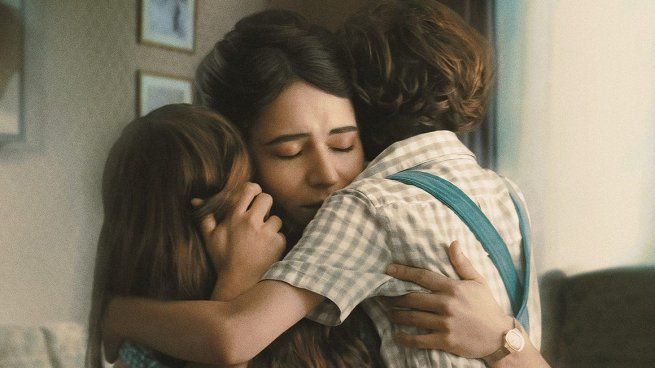A total of 13 different types of plastic were in the rehearsals that the environmentalists from lakes on the Pasterze in Carinthia and the East Tyrolean Schlatkees, the Kitzsteinhorn in Salzburg and the Hallstatt glacier, withdrawal and in the laboratory.
In the small ice lake, for example, they found polyester, which could come from clothing or packaging, polyethylene, which is mostly used for packaging, a piece of a Teflon film, a fragment of chlorine sulfonated polyethylene rubber and one that consists of ethyl polysilicate and as a heat-resistant coating serves.
Read too: Fight against disposable plastic: EU regulation in force [OÖNplus]
All plastic particles that are smaller than five millimeters are called microplastics. They are often not visible with a free eye. There are different types of how you can get to the glacier: On the one hand, human activities on the glacier such as skiing frees plastic particles, on the other hand, particles are brought to the glacier from the nearby settlement area by wind and rain. “It was frightening for us that we also found microplastics where there are no lifts or streets nearby,” says Greenpeace expert Ursula Bittner. Because microplastics can also be covered by the atmosphere – i.e. with the clouds – long distances and transported to remote areas.
“}”>
Image: (c) Mitja Kobal/ Greenpeace
Source: Nachrichten




